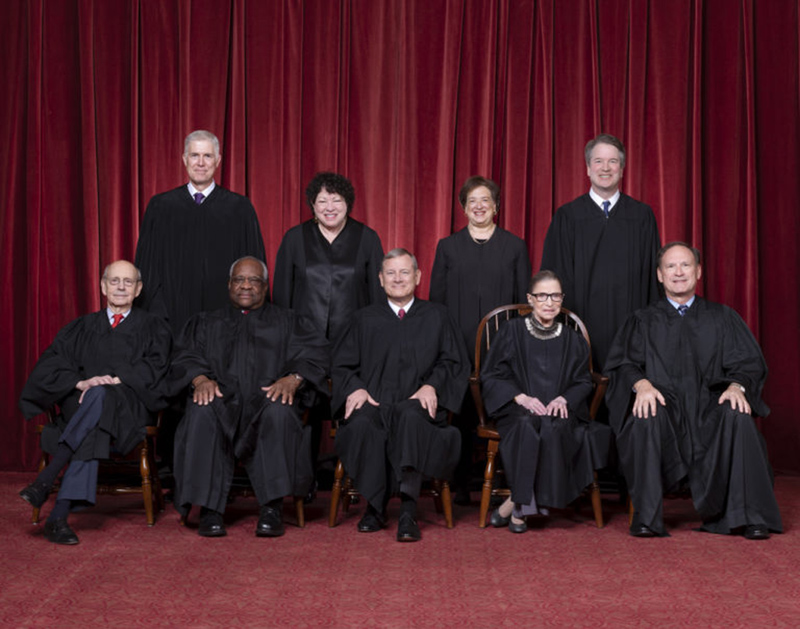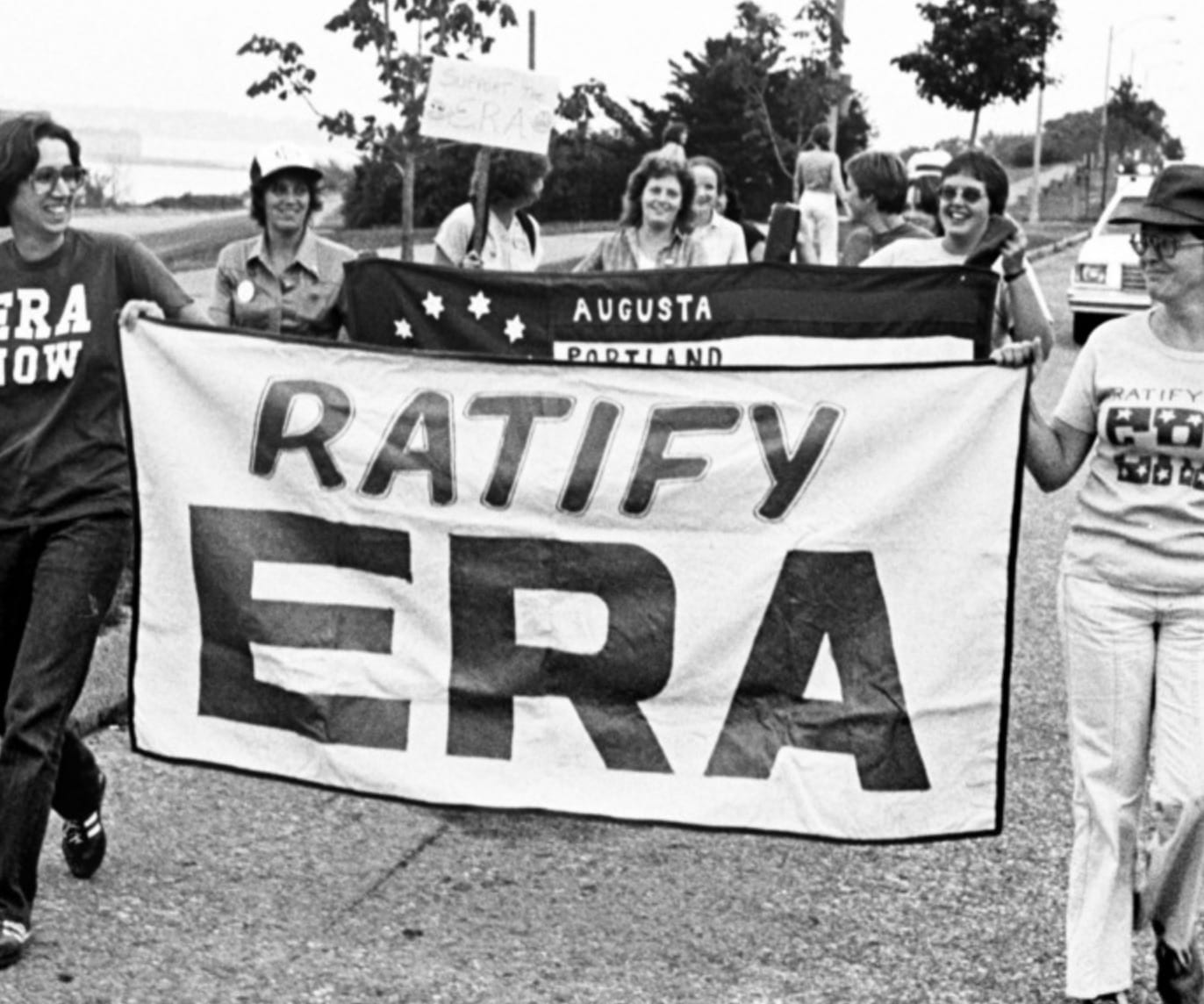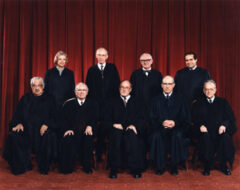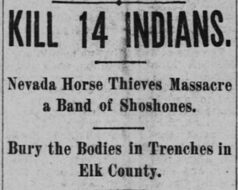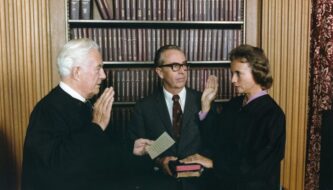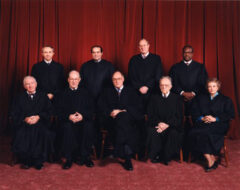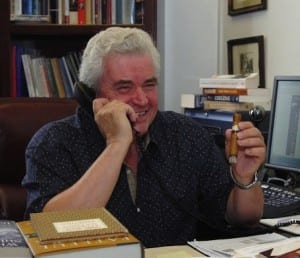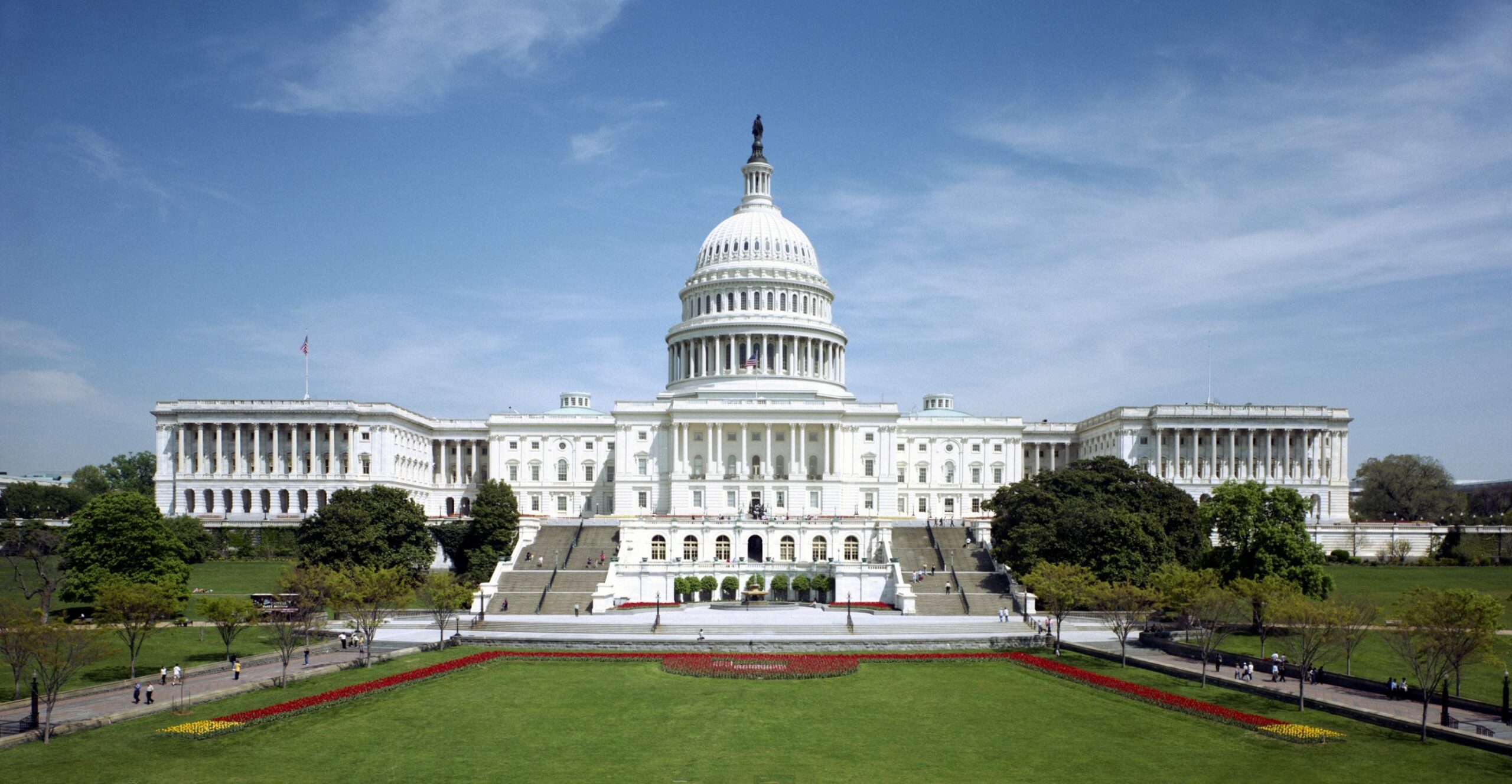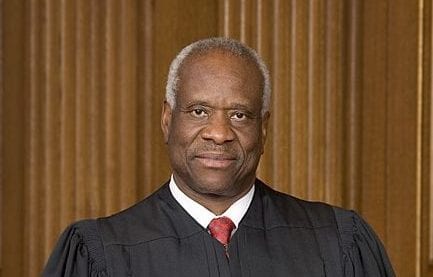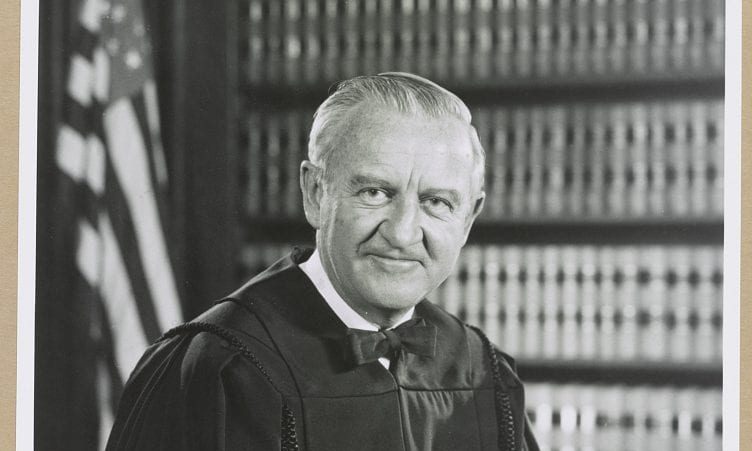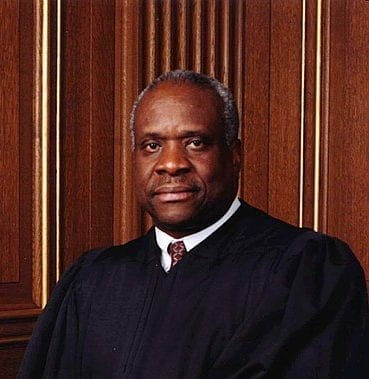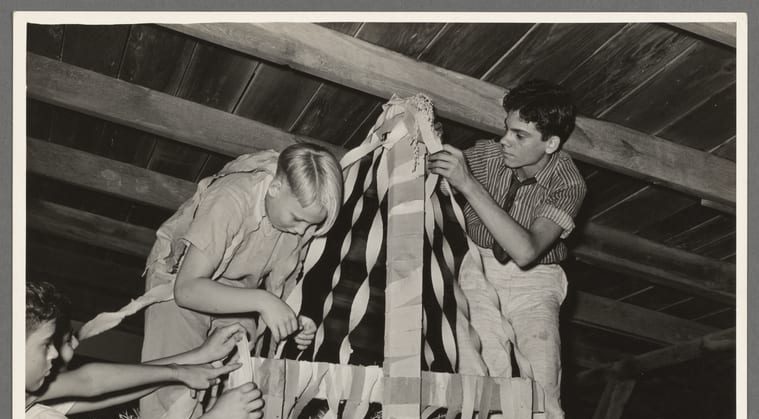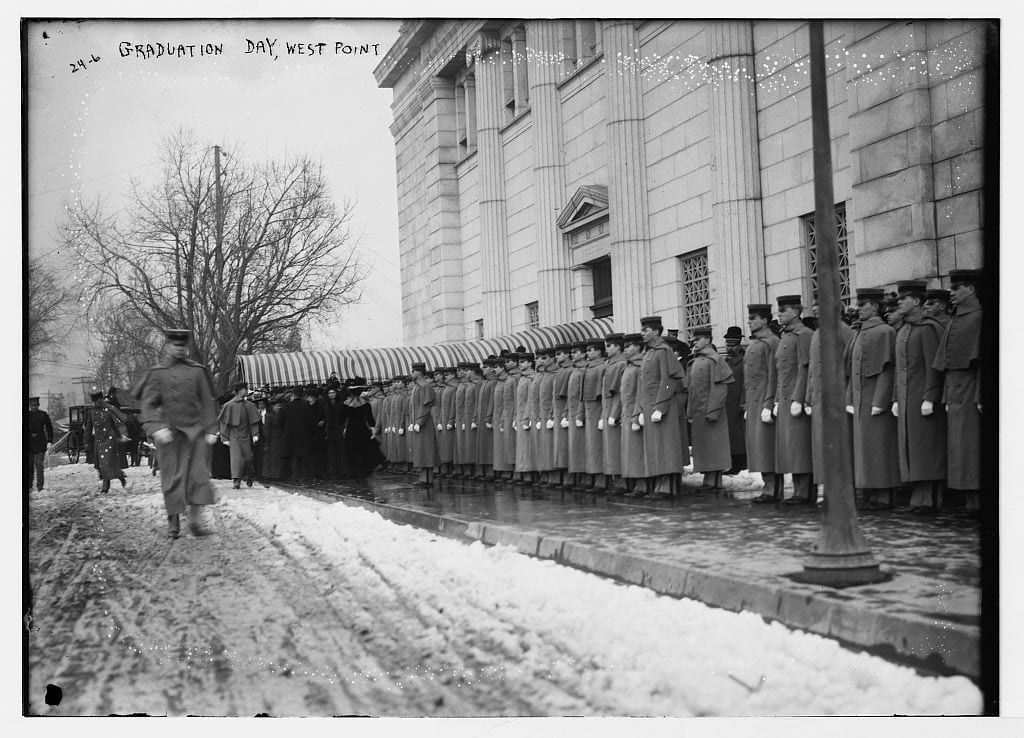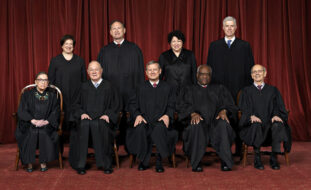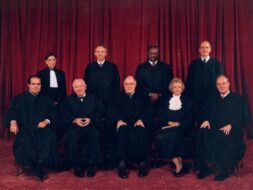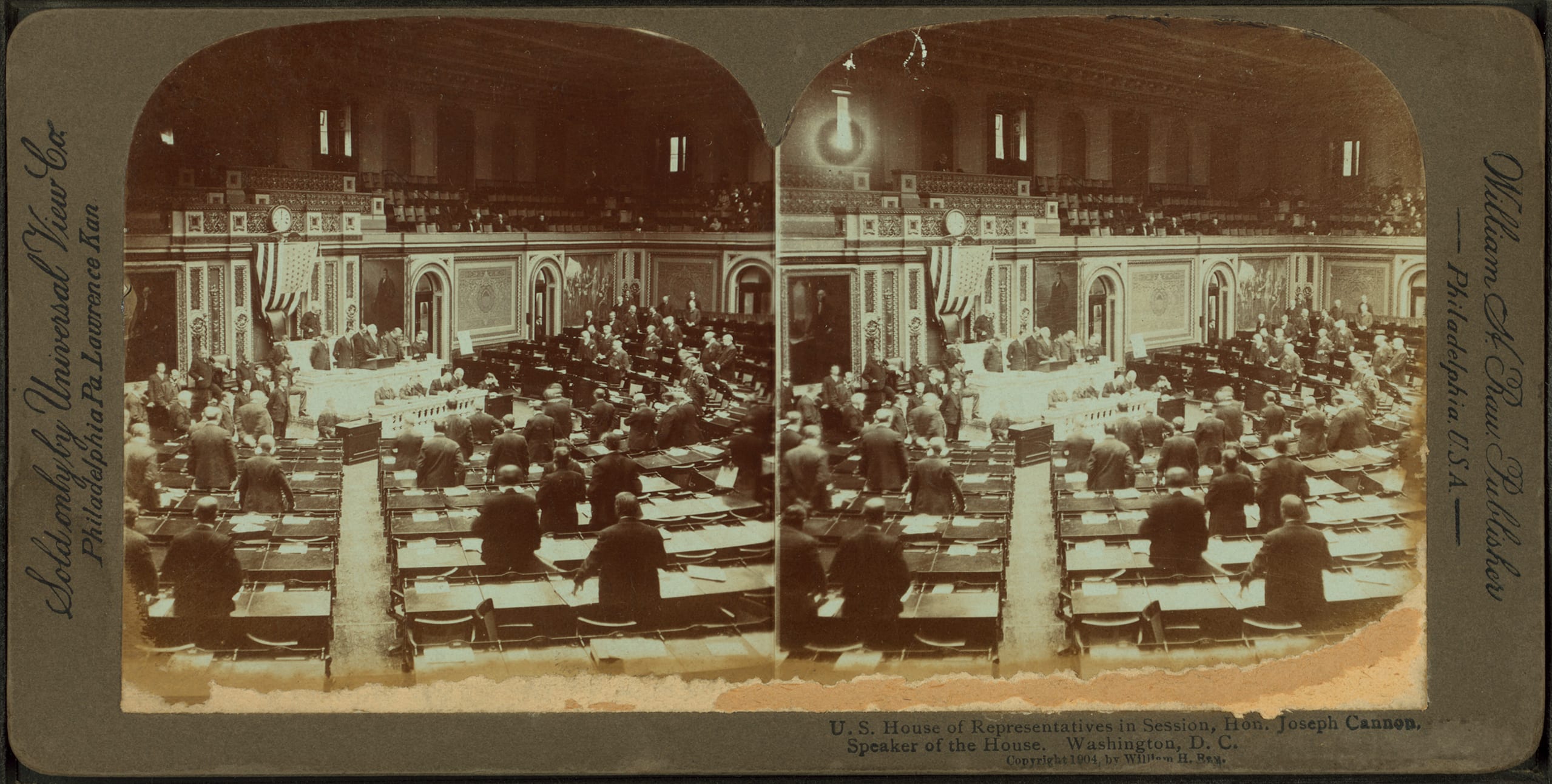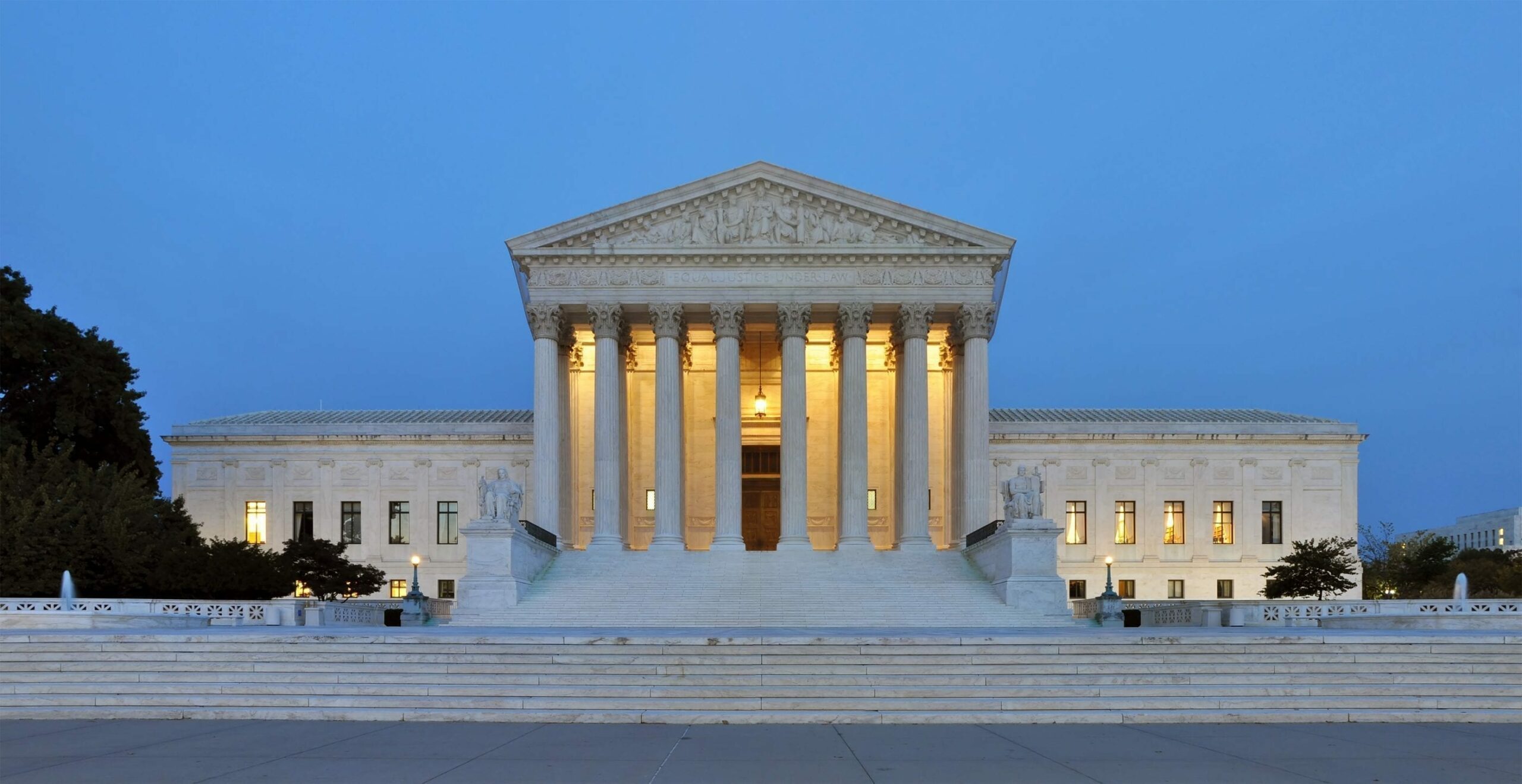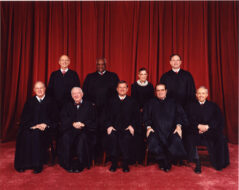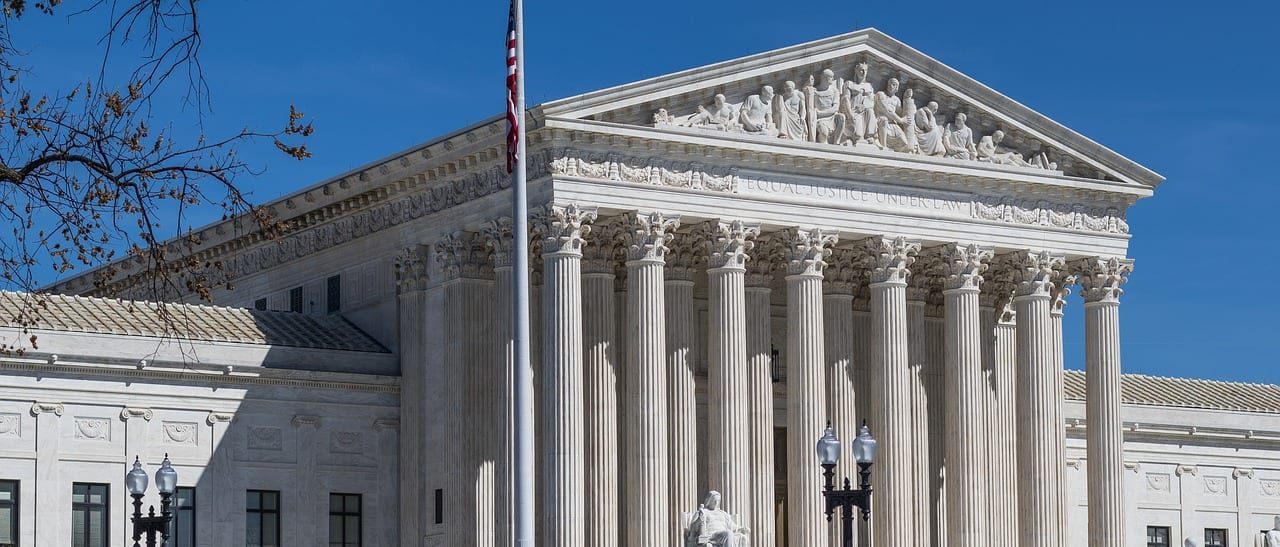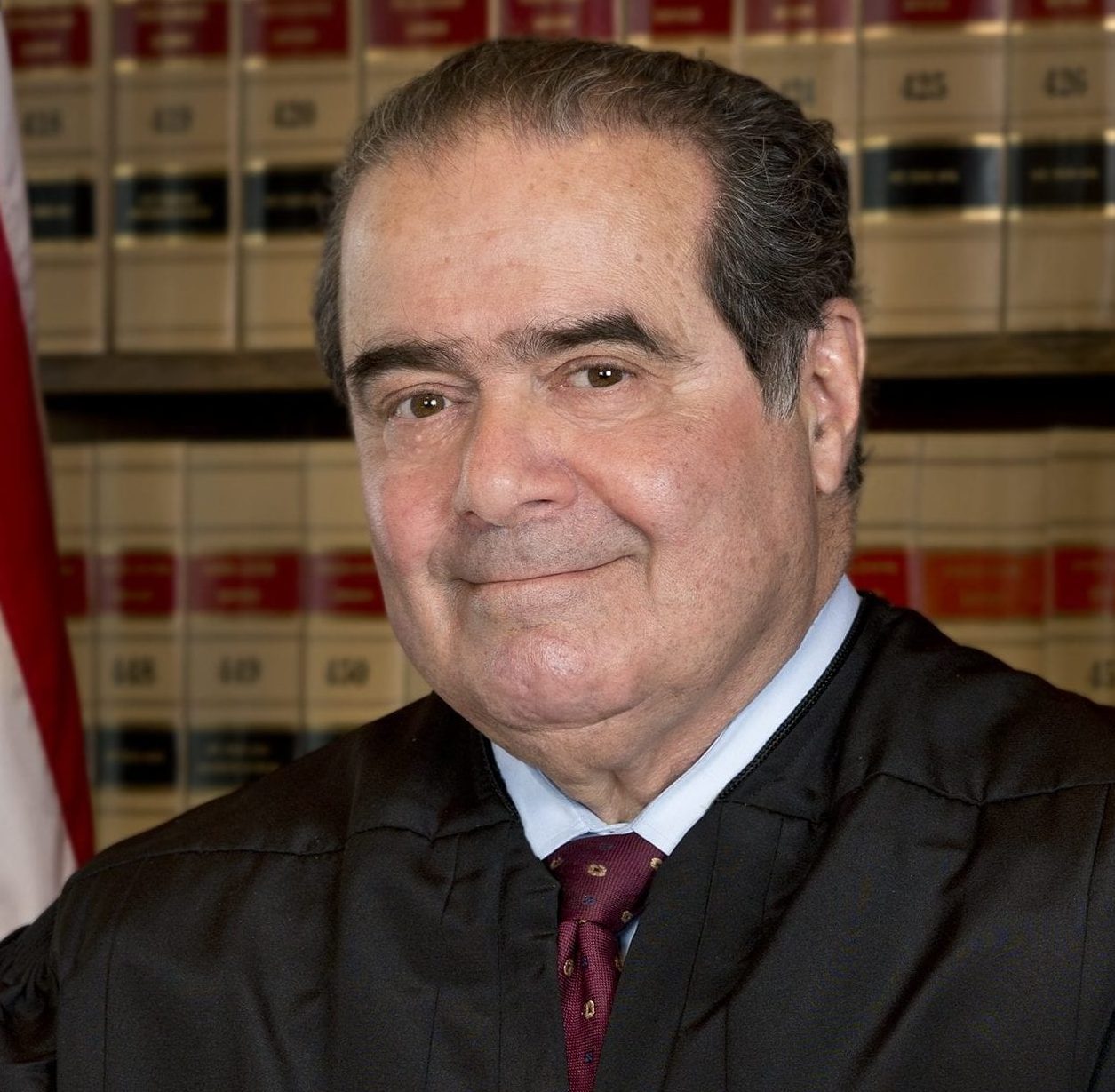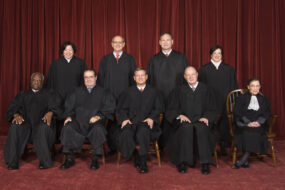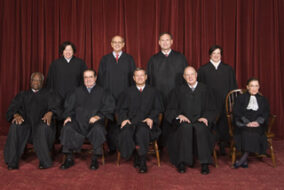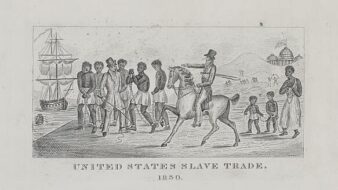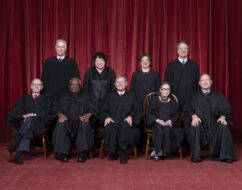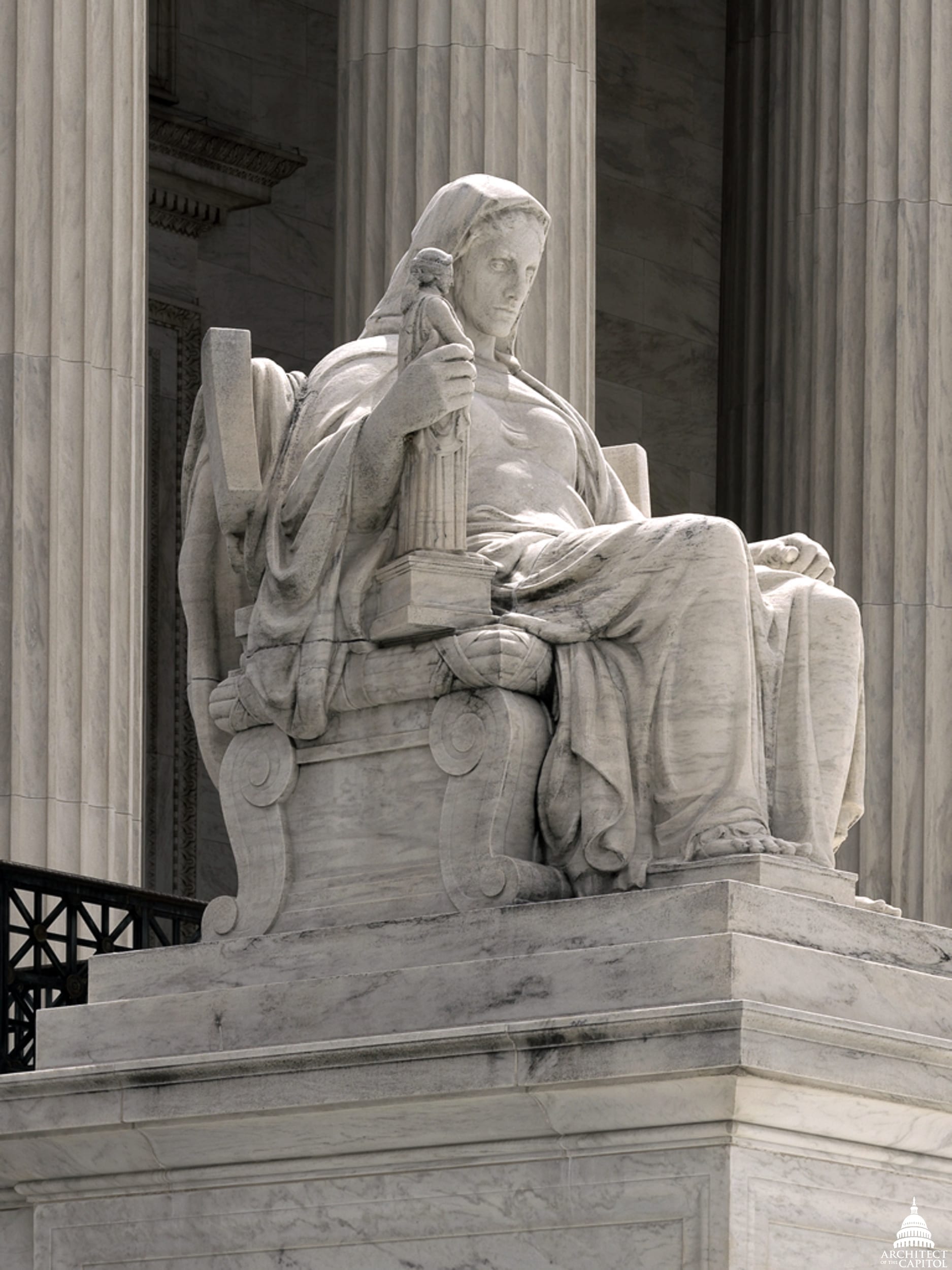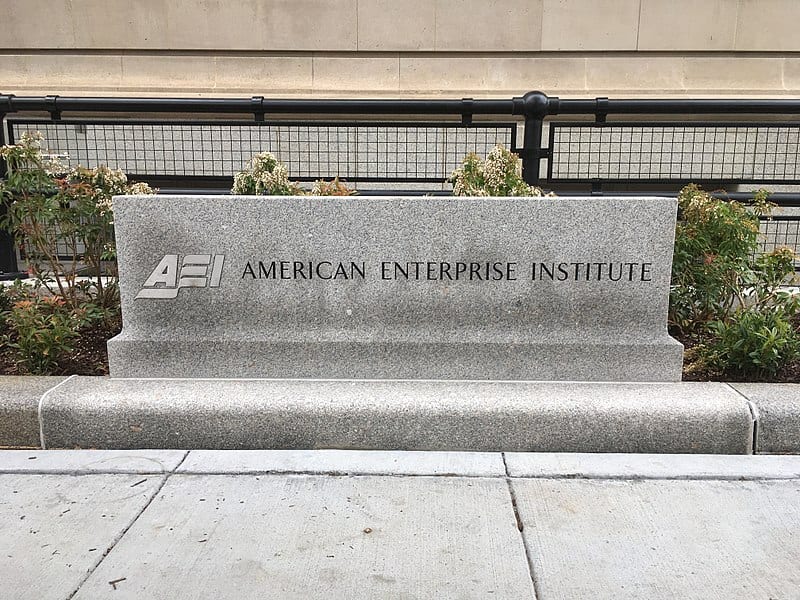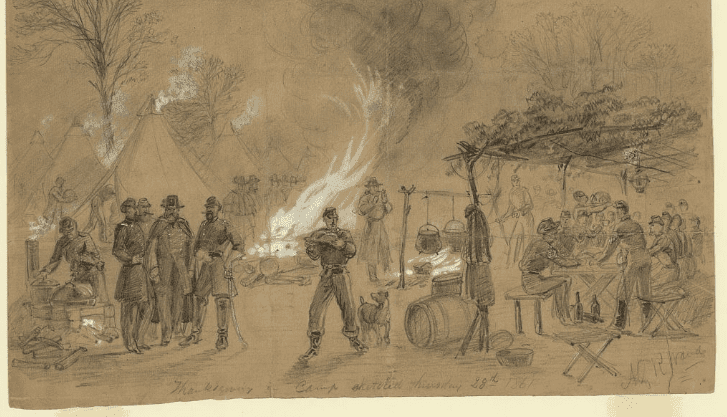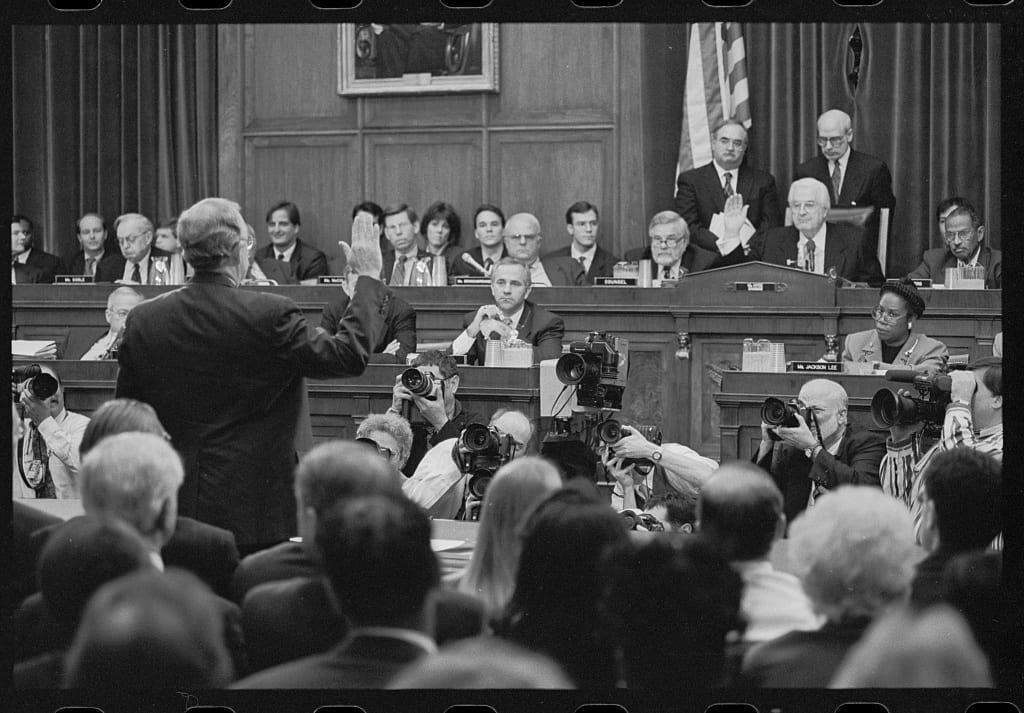Introduction
In 1997, Jimcy McGirt, an enrolled citizen of the Seminole Nation, was convicted in Oklahoma state court of sexually abusing his step-granddaughter, also a Seminole, and sentenced to life in prison without the possibility of parole. In 2020 the Supreme Court heard McGirt’s appeal.
The Major Crimes Act passed by Congress in 1885 made crimes committed by an Indian against another Indian on reservations federal crimes, not punishable by states. In a controversial 5–4 decision authored by Justice Neil Gorsuch, the High Court ruled that for purposes of the Major Crimes Act, Congress had not properly put an end to the reservation status of land in Oklahoma. Thus, McGirt had committed his crime on a reservation and had to be retried in federal court.
McGirt was arguably the most important decision in federal Indian law since California v. Cabezon Tribe of Mission Indians in 1988. After the decision, tribal nations in Oklahoma moved aggressively to expand their scope. In this case, as happens in civil rights and civil liberties law, change came about through the case of an actor who did heinous things. The case also showed, like the Haudenosaunee declaration of war in 1942, that defense of Native sovereignty is often made up of little things.
—Jace Weaver
On the far end of the Trail of Tears was a promise. Forced to leave their ancestral lands in Georgia and Alabama, the Creek Nation received assurances that their new lands in the West would be secure forever. In exchange for ceding “all their land, east of the Mississippi River,” the U.S. government agreed by treaty that “[t]he Creek country west of the Mississippi shall be solemnly guarantied to the Creek Indians.”1 Both parties settled on boundary lines for a new and “permanent home to the whole Creek nation,” located in what is now Oklahoma.2 The government further promised that “[no] State or Territory [shall] ever have a right to pass laws for the government of such Indians, but they shall be allowed to govern themselves.”3
Today we are asked whether the land these treaties promised remains an Indian reservation for purposes of federal criminal law. Because Congress has not said otherwise, we hold the government to its word.
At one level, the question before us concerns Jimcy McGirt. . . .
At another level, then, Mr. McGirt’s case winds up as a contest between state and Tribe. The scope of their dispute is limited; nothing we might say today could unsettle Oklahoma’s authority to try non-Indians for crimes against non-Indians on the lands in question. Still, the stakes are not insignificant. If Mr. McGirt and the Tribe are right, the state has no right to prosecute Indians for crimes committed in a portion of northeastern Oklahoma that includes most of the city of Tulsa. Responsibility to try these matters would fall instead to the federal government and the Tribe. Recently, the question has taken on more salience too. While Oklahoma state courts have rejected any suggestion that the lands in question remain a reservation, the Tenth Circuit has reached the opposite conclusion. We granted certiorari4 to settle the question. . . .
While there can be no question that Congress established a reservation for the Creek Nation, it’s equally clear that Congress has since broken more than a few of its promises to the Tribe. Not least, the land described in the parties’ treaties, once undivided and held by the Tribe, is now fractured into pieces. While these pieces were initially distributed to Tribe members, many were sold and now belong to persons unaffiliated with the Nation. So in what sense, if any, can we say that the Creek Reservation persists today? . . .
In an effort to show Congress has done just that with the Creek Reservation [i.e., shown an intent to disestablish it], Oklahoma points to events during the so-called “allotment era.”5 Starting in the 1880s, Congress sought to pressure many tribes to abandon their communal lifestyles and parcel their lands into smaller lots owned by individual tribe members. Some allotment advocates hoped that the policy would create a class of assimilated, landowning, agrarian Native Americans. Others may have hoped that, with lands in individual hands and (eventually) freely alienable, white settlers would have more space of their own. . . .
The federal government promised the Creek a reservation in perpetuity. Over time, Congress has diminished that reservation. It has sometimes restricted and other times expanded the Tribe’s authority. But Congress has never withdrawn the promised reservation. As a result, many of the arguments before us today follow a sadly familiar pattern. Yes, promises were made, but the price of keeping them has become too great, so now we should just cast a blind eye. We reject that thinking. If Congress wishes to withdraw its promises, it must say so. Unlawful acts, performed long enough and with sufficient vigor, are never enough to amend the law. To hold otherwise would be to elevate the most brazen and longstanding injustices over the law, both rewarding wrong and failing those in the right.
The judgment of the Court of Criminal Appeals of Oklahoma is reversed.


